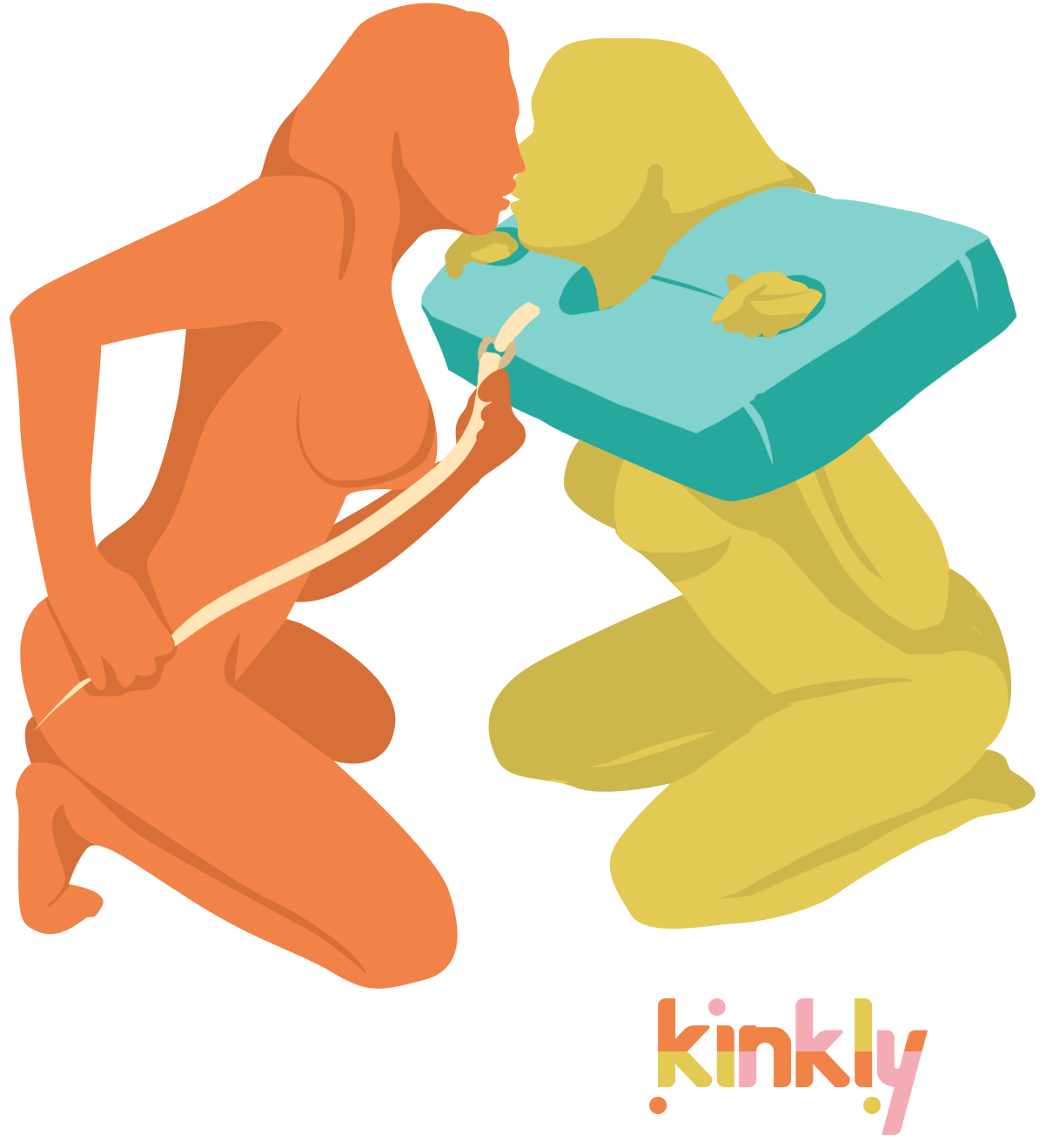Artificial Insemination (AI) is a fertility treatment where sperm is introduced into a woman’s uterus, cervix, or fallopian tubes. This improves a couple’s chances of conception as the sperm has a shorter distance to travel, and less chance of meeting obstacles. This sperm may be fresh or frozen. It can be from the woman’s partner or a donor. The sample is treated to improve the chance of fertilization and analyzed to ensure that only the most motile sperm are inserted.
A nurse inserts the sperm around the time a woman ovulates. This may occur during a natural cycle or when hormones stimulate ovulation which is known as ovulation induction.
Artificial insemination is sometimes known by the acronym AI. It is also known as Interuterine Insemination.
More About Artificial Insemination (AI)
Women typically feel no pain during the artificial insemination process although there may be a little discomfort, cramping, or light bleeding. The process takes just a few minutes and most women can return to work straight after it’s done.
Artificial insemination does carry some risks, though. Women may get an infection from the procedure particularly if they have had pelvic infections in the past. Some women react badly to the drugs which stimulation ovulation. They may experience nausea, vomiting, dehydration, abdominal distension, or severe discomfort. Up to 10% of women may also conceive multiple children.
Artificial insemination is relatively affordable and simple to perform. It is a common starting point for couples struggling to conceive. Couples with unexplained infertility, minor sperm abnormalities, and hostile cervical mucus may find artificial insemination works for them. It is not recommended for women aged between 38 and 40, women with tubal blockage, several tubal damage, or severe endometriosis. It is not recommended for men with a plasignificantly abnormal semen analysis.
Five to ten percent of couples with fertility issues become pregnant using artificial insemination. Studies show that most successful couples get pregnant within three artificial insemination attempts. More complex fertility treatments may be taken after several failed attempts.















